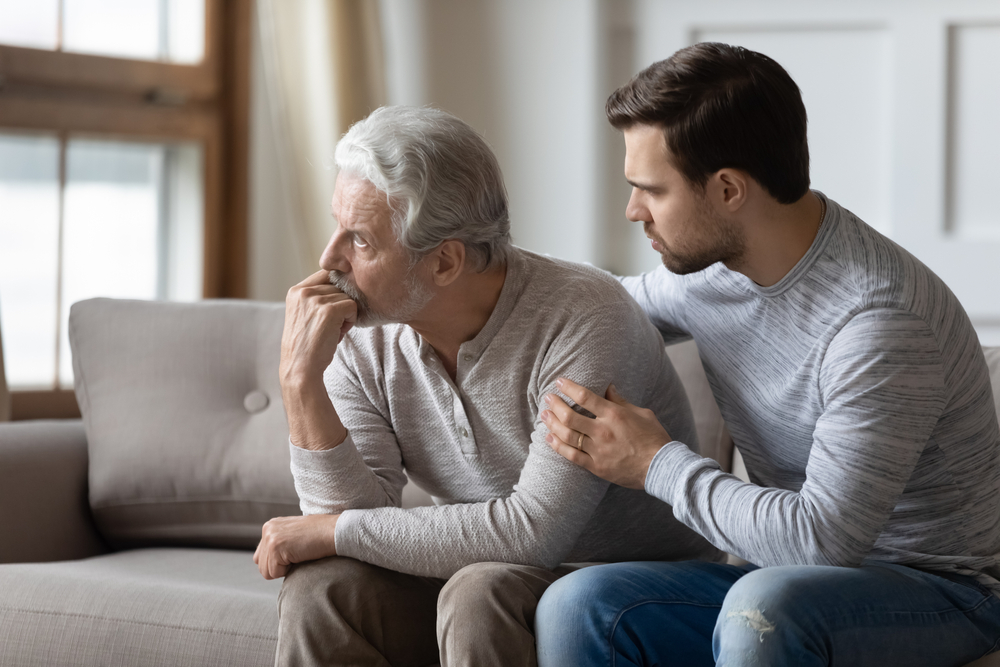5 Ways Seniors Hide Symptoms of Alzheimer’s | Abbey WP Houston, TX
As Alzheimer’s Disease progresses, it can be difficult for family members and caregivers to detect subtle changes in seniors with the condition. While an individual’s coping mechanisms may differ, there are some common behaviors that many seniors will use in order to hide the symptoms of this progressive cognitive disorder.
1. Denial: One of the primary ways a senior with Alzheimer’s may attempt to hide their condition is by denying that something is wrong. This can manifest itself in a variety of ways, from outright refusing to acknowledge any changes or symptoms, to avoiding conversations about the condition altogether.
2. Minimizing Symptoms: Another way seniors may try to hide the symptoms of Alzheimer’s is by minimizing their severity and impact. They may downplay any noticeable changes in behavior or cognition, brush off memory lapses, or even deny that a symptom exists altogether.
3. Hiding Mistakes: It’s common for seniors with Alzheimer’s to try to avoid embarrassing moments caused by confusion or forgetfulness. This can cause them to cover up their mistakes or inaccuracies, as well as intentionally avoid situations where they feel uncertain or overwhelmed.
4. Becoming Isolated: In an effort to protect themselves from potential embarrassment, many seniors will become more isolated and withdrawn from activities they once enjoyed. Not only does this limit their exposure to situations where they may struggle with memory issues, but it also helps to reduce the chances of being asked uncomfortable questions about their condition.
By recognizing and understanding these behaviors associated with Alzheimer’s Disease, family members and caregivers can better support seniors and provide the care they need as the disease progresses. Additionally, it is important to remain aware of subtle changes that might indicate a senior’s efforts at hiding or covering up symptoms of Alzheimer’s Disease. This will help ensure that any necessary interventions are taken in a timely manner in order to improve quality of life for those affected by this progressive cognitive disorder.




